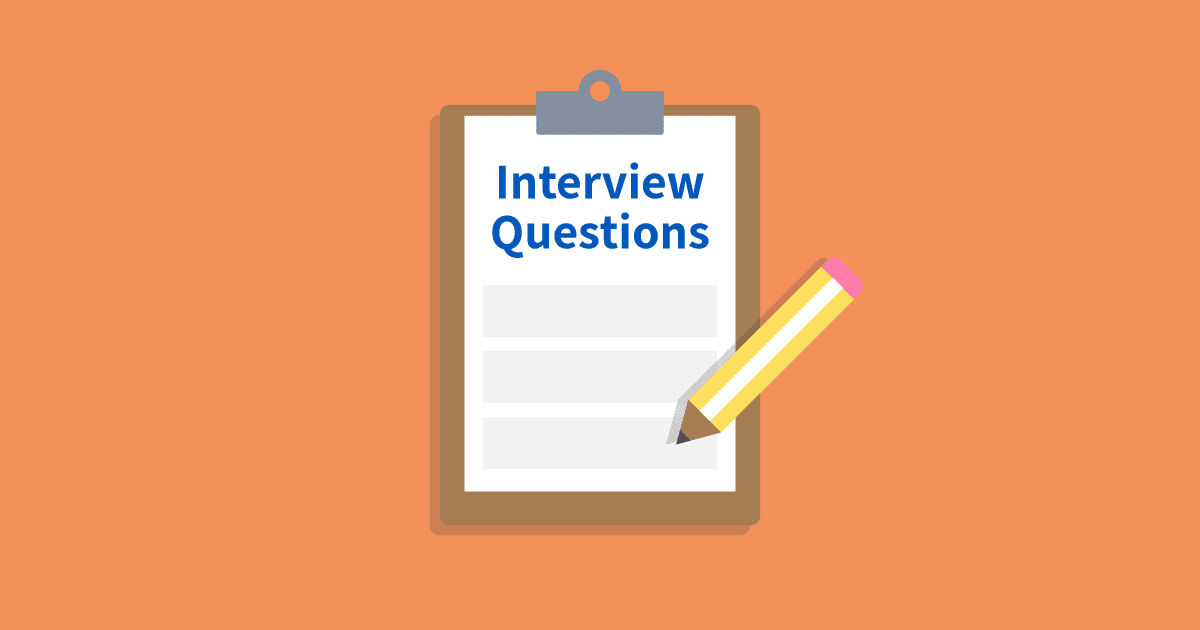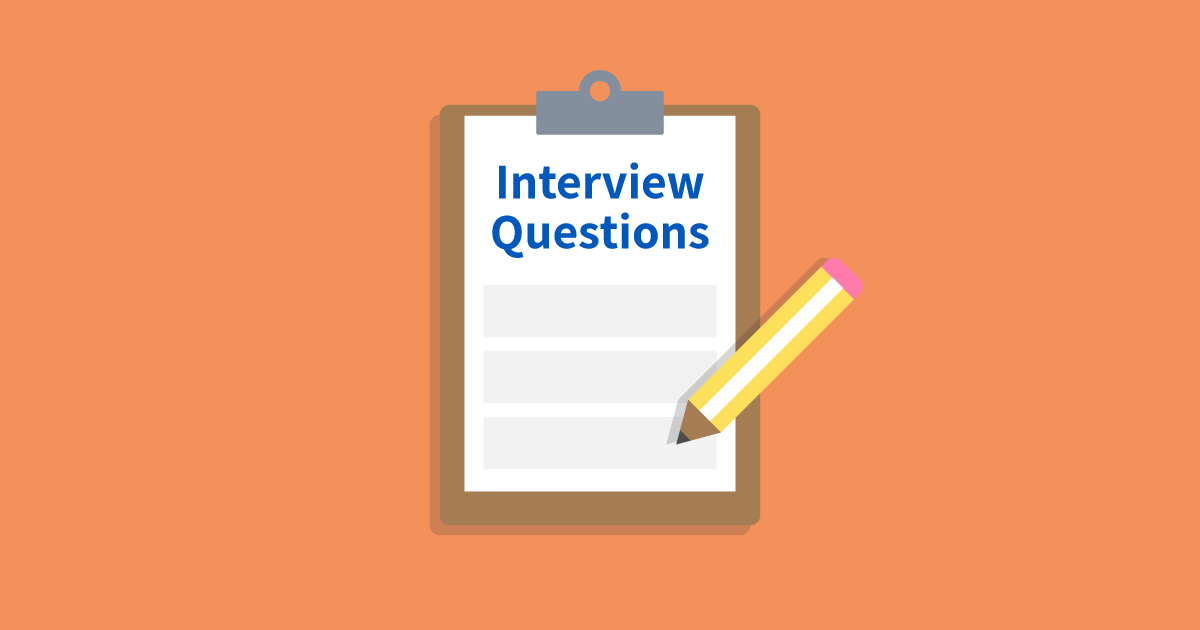Do you interview software testing candidates, and are you looking for tips on how to better prepare? Read on to learn how conduct better interviews.
Selecting the right candidate for a position depends a lot on the skills of the interviewer. Interviewing does not mean just asking the candidate a few questions and then coming to a decision. It requires careful analysis by the interviewer who will then make sure the selection is justified and unbiased.
Find out below how to prepare for interviewing a software tester with two to five years experience. Also, learn more about what you need to be aware of and which are the most effective ways of summarizing post-discussion feedback.

Before the Interaction
As an interviewer, it’s imperative that you know in detail what the job entails. The job description will provide information about the role and its responsibilities and the required years of experience. This information will, in turn, help you to design the most useful and relevant questions to ask.
Before meeting the candidate, interviewers will have access to the tester’s resume, which they must familiarize themselves with before commencing the interview. This will be useful in getting an idea of the candidate’s background, their skillset and areas of expertise. These details need to be known by the interviewer so relevant questions can be asked.
After going through the job description and the tester’s resume, the interviewer must create a set of questions. A good interview comprises of planned as well as spontaneous questions, but interviewers need to keep this in mind and restrict the unplanned questions to no more than 20% of the total duration.
Though questions will vary, based on the job requirements and resumes, here are some of the common ones that young testers can be asked to help judge their testing skills:
- Ask about their current day to day tasks and role.
- Ask them to list any defect tracking tools they are aware of.
- Ask if they have had any experience working with test management tools.
- Ask if they have ever acted as a team lead.
- Ask for an example of any integration testing they have done.
- Ask if they ever been involved in a usability testing. If yes, ask which approach was taken.
The qualities expected of a young tester include being a proactive team member, a quick learner, fast to adapt to change, and a willingness to learn and gain expertise on the latest software testing tools.
Last but not the least, the interviewer must have a full understanding of the organization because the candidate is likely to have questions of their own. They will want to know more about the business that could be their next place of employment and how they will fit.
During the Interaction with the Candidate
Start with a Warm Welcome
Will I be successful? What if I get rejected? These and many more questions will occur to the candidate before they arrive for the interview. If the tester has less than five years of experience, it is common that they will feel particularly anxious about the situation. They will be nervous due to their lack of interview experience, and their confidence level will probably be low too. Always lend a warm welcome to the candidate when you first meet. Discuss neutral things like the weather or was there a lot of travel involved first, instead of jumping into the interview questions right away.
As the interviewer, it falls to you to supply a comfortable environment so the candidates can perform at their best and answer questions without any extra stress. This will help them to open up, making it easier for the interviewer to be able to find out about the knowledge they possess.
Interviews should be more of a conversation
A face to face interview shouldn’t be like an online certification examination, where the candidate is presented with a set of questions and has to mark a correct answer and complete the defined number of questions within a timeframe. Interviews must be more of a conversation between the interviewer and the candidate. The candidates must be allowed enough time to explain cases, and the interviewer must not interrupt. For some of the questions, the interviewer will need to cross-examine. They can then note responses and add them to everything else they have learned about the candidate for the feedback summary.
Don’t spend too much time on a single question
The interviewer needs to keep in mind that the candidate will be assessed on various areas, so they must avoid spending too much time on one question. This can happen in two situations; when the candidate doesn’t understand the question, and where the candidate responds with a very lengthy storyline. With the former, the interviewer can try reframing the question, but if that still doesn’t work, it’s good to drop the question out and say, ‘We can come back to this later’. In the latter case, the interviewer must intercept to to bring it back to track.
Let the Candidate ask questions
Towards the end of the discussion, the interviewer must give the candidate an opportunity to ask questions, if they have any. The interviewer should respond pleasantly to enquiries, but if the interviewer would prefer not to disclose any information requested, it can be politely overlooked with a generic statement like, “I will check and get back to you as soon as possible.”
Ending the Interaction
The interview must end in a polite manner. The interviewer can explain the hiring policy to the candidate and let them know when they can expect to hear if they have been successful or not. Decisions must not be revealed to the candidate at the end of the interview.
After the Interaction
The most critical time for the interviewer is when the interaction is over and the candidate has left the room. The assessors are then required to submit feedback, and their recommendations about the candidate, to the hiring team. This feedback is the first step towards hiring the new employee. Negative feedback for a deserving candidate, or positive feedback towards a poor performer, can have a significant impact on the organization. It’s vital to consider all facts and the results of the overall discussion before submitting feedback. The decision will be based on the following parameters, judged during the interview:
- Were explanations accurate and succinct or did the candidate not know the right answer and just dragged the question?
- Will the tester be able to work independently?
- Will they be able to lead a team?
- What was their proficiency level for using testing tools?
- Is the tester a quick learner and could they improve performance if trained well?
Having provided a positive interview experience for both the candidate, and by extension, the organization and department you represent, the company will now be able to benefit from the infusion of new talent that you have helped bring into the business.

